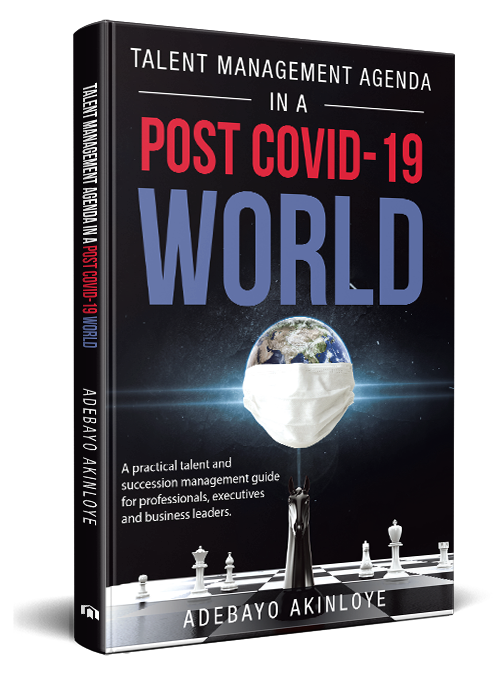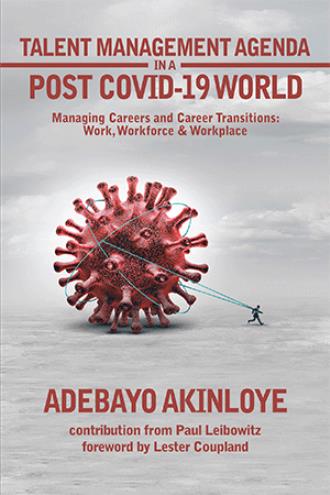
Is everyone in the organization a talent? I addressed this question deeply in the book and the thinking behind the difference, relative to the organization. In the talent management context, we consider “talent” from the viewpoint of what the core essence of the organization is in relation to specific mission critical individuals whose value-add directly help the organization to achieve its core essence. What could be more important than focusing on the attraction, selection, proper segmentation, development and retention of the top talent?
Invariably, a “talent” is that individual whose contributions directly help to achieve the core objective of the organization or business either now or in the future (or both). Consequently, every proactive activity which is required or channelled towards improving the contributions or managing the risks relating to key organizational roles and individuals regarded as “talent” could be termed talent management. In simple term, “talent management” is a proactive risk mitigation process that is particularly related to the human capital and geared towards ensuring continuous sustainability of the business. Accordingly, the content of this book — Talent Management Agenda in A Post COVID-19 World — focuses on talent and succession management concepts and approaches to guide every professional, business leader and executive on how to deliver real business value by focusing on the talent.
Other Book By This Author
TALENT MANAGEMENT AGENDA IN A POST COVID-19 WORLD
The experiences of COVID-19 and the resulting disruptions on a global scale triggered new dimensions in the world of work. Several businesses are yet to recover from the effects of the pandemic; operationally and economically. Beyond these economic implications, there has been an enormous impact on individual careers and career transitions. Many employees suffered mental illness, career shocks, while others have ventured into careers they would not have previously considered but for the effects of the pandemic and their options to manage these effects. COVID-19 has prompted several reconsiderations not only in the ways we now define “”work””, “”workforce”” and “”workplace””but also in terms of how businesses operate and where businesses and employees operate from. Additionally, other key related trends namely, the ‘”Great Resignation”’ and ‘”Quiet Quitting”’ with other patterns have subsequently emerged. These trends and their impacts on talent management cannot be overemphasised. It does seem that the “workplace powers” have shifted to the employees as they now try to redefine what an ideal work and workplace should look like. Again, “compound talents” seem to be dictating/influencing the structure of contracts in organisations and, this determines what contract/s they are willing to enter considering their skills set. The disruption has influenced certain outcomes including, the immersive adoption of the use of technology, necessity for skills upgrade and the positive embrace of flexible work arrangements. There is an emergence of “uncommon leaders; leaders who ordinarily, would not have come on the scene if things were normal. Consequently, this book presents detailed insights into key trends that have now emerged in the new world of work. The author draws on experience and research in guiding business leaders, professionals and talent custodians on theories, methodologies, and tools that can be applied in dealing with these emerging talent management trends.


